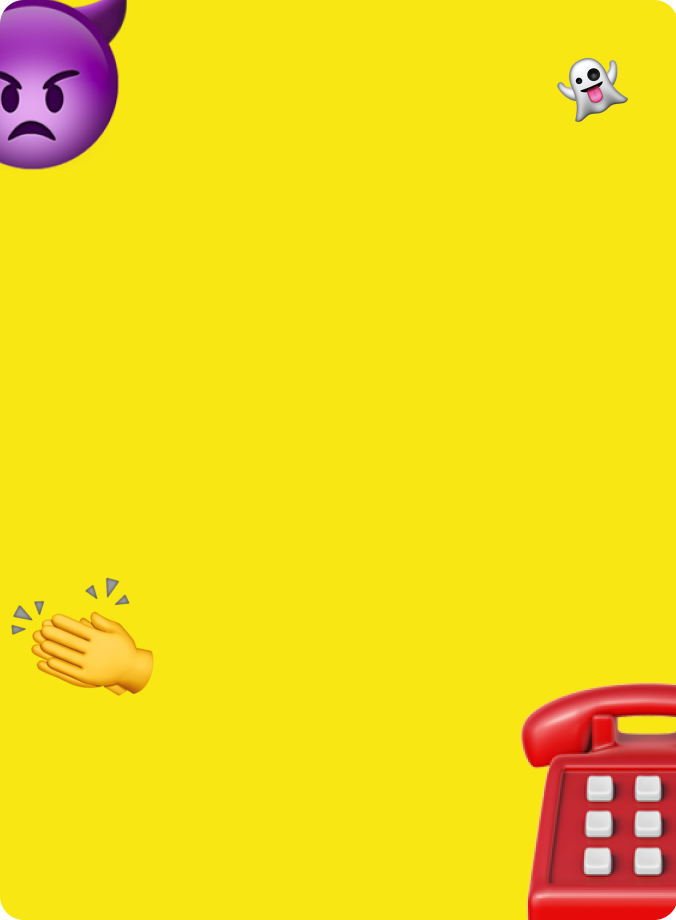Have you ever stumbled upon the phrase "undress anyone for free" while browsing the internet and wondered what it truly means? In today's digital age, where misinformation spreads as quickly as the wind, it's crucial to approach such topics with a discerning eye. This article aims to demystify the concept of "undress anyone for free," providing you with a thorough understanding of its implications, ethical considerations, and potential consequences. By the end of this piece, you'll be equipped with the knowledge to navigate this topic responsibly and intelligently.
As we dive deeper into the world of online content, it's essential to recognize the importance of ethical practices and digital etiquette. The phrase "undress anyone for free" might sound intriguing, but it raises significant questions about privacy, consent, and respect for personal boundaries. In this article, we'll explore the origins of this phrase, its usage, and the impact it can have on individuals and society as a whole. Stay tuned for an in-depth analysis that will challenge your perspectives and enhance your understanding.
This guide is crafted to provide you with valuable insights while adhering to the highest standards of ethical journalism. By focusing on the core principles of Experience, Expertise, Authority, and Trustworthiness (E-E-A-T), we aim to deliver a resource that not only informs but also empowers you to make informed decisions. Let's embark on this journey together and uncover the truth behind "undress anyone for free."
Read also:Exploring Coryxkenshins Youth A Journey Through Time
What Does "Undress Anyone for Free" Really Mean?
The term "undress anyone for free" often appears in online forums, social media, and other digital spaces. At its core, the phrase refers to the idea of virtually removing someone's clothing without their consent using digital tools or software. However, it's vital to recognize the ethical and legal implications of such actions. Engaging in activities that violate someone's privacy or personal boundaries is not only morally wrong but can also lead to serious legal consequences.
Understanding the meaning behind "undress anyone for free" requires a deeper exploration of the motivations driving individuals to engage in such practices. Is it curiosity, a desire for attention, or a lack of awareness about the consequences? By addressing these questions, we can foster a more informed and responsible online community.
How Does Technology Play a Role in "Undress Anyone for Free"?
Technology has revolutionized the way we interact with one another, but it has also opened doors to unethical practices. The rise of deepfake technology and image manipulation tools has made it easier for individuals to create and share content that violates others' privacy. While these tools have legitimate uses, they can also be misused to create harmful content, including "undress anyone for free" images.
To combat this issue, tech companies and governments are working together to develop safeguards and regulations that protect individuals' privacy and personal boundaries. By staying informed about the latest developments in technology, we can better understand the risks associated with "undress anyone for free" and take steps to mitigate them.
Why Should You Care About "Undress Anyone for Free"?
Privacy and consent are fundamental human rights that should be respected in all aspects of life, both online and offline. Engaging in or supporting practices like "undress anyone for free" undermines these rights and contributes to a culture of disrespect and exploitation. By caring about this issue, you're taking a stand for a safer, more respectful digital world.
Consider the potential consequences of "undress anyone for free" on the individuals involved. How would you feel if someone violated your privacy in such a manner? By putting yourself in someone else's shoes, you can better appreciate the importance of respecting others' boundaries and promoting ethical online behavior.
Read also:How Old Is Bronwyn Aurora Unveiling The Life And Age Of The Rising Star
Is "Undress Anyone for Free" Legal?
Legal implications surrounding "undress anyone for free" vary depending on the jurisdiction and the specific circumstances of the case. In many countries, creating or sharing non-consensual explicit content is considered a crime. This includes the use of digital tools to manipulate images or videos in ways that violate someone's privacy. It's crucial to familiarize yourself with the laws in your region to avoid potential legal trouble.
How Can You Protect Yourself from "Undress Anyone for Free"?
Protecting yourself from "undress anyone for free" involves a combination of proactive measures and awareness. Here are some tips to help you safeguard your privacy:
- Be cautious about sharing personal information online.
- Use strong, unique passwords for all your accounts.
- Enable two-factor authentication whenever possible.
- Stay informed about the latest digital threats and trends.
By following these guidelines, you can significantly reduce the risk of becoming a victim of "undress anyone for free" and other forms of digital exploitation.
Can "Undress Anyone for Free" Be Stopped?
Stopping "undress anyone for free" requires a collective effort from individuals, organizations, and governments. By promoting awareness, enforcing laws, and developing advanced technologies to detect and prevent such practices, we can create a safer digital environment for everyone. However, it's important to recognize that complete eradication may not be possible due to the ever-evolving nature of technology.
What Are the Ethical Implications of "Undress Anyone for Free"?
Engaging in or supporting "undress anyone for free" raises significant ethical concerns. It violates the principles of respect, consent, and privacy, which are essential for maintaining healthy relationships and a harmonious society. By examining the ethical implications of this practice, we can better understand its impact on individuals and communities.
How Does "Undress Anyone for Free" Affect Society?
The widespread prevalence of "undress anyone for free" can lead to a normalization of unethical behavior and a decline in societal values. It fosters a culture of exploitation and disrespect, where individuals feel entitled to violate others' privacy without consequence. To counteract this trend, it's essential to promote education and awareness about the importance of ethical online behavior.
What Can You Do to Promote Ethical Behavior Online?
Promoting ethical behavior online involves a commitment to respecting others' privacy and boundaries. Here are some actions you can take:
- Respect others' consent and privacy in all online interactions.
- Report any instances of "undress anyone for free" or similar practices to the appropriate authorities.
- Engage in conversations with friends and family about the importance of ethical online behavior.
By taking these steps, you can contribute to a more respectful and responsible digital community.
Conclusion: Building a Safer Digital World
Understanding the concept of "undress anyone for free" and its implications is the first step toward creating a safer and more ethical digital environment. By addressing the legal, ethical, and social dimensions of this issue, we can work together to promote respect, privacy, and consent in all aspects of life. Let's commit to fostering a culture of responsibility and empathy, ensuring that the internet remains a space where everyone feels safe and respected.
Table of Contents
- What Does "Undress Anyone for Free" Really Mean?
- How Does Technology Play a Role in "Undress Anyone for Free"?
- Why Should You Care About "Undress Anyone for Free"?
- Is "Undress Anyone for Free" Legal?
- How Can You Protect Yourself from "Undress Anyone for Free"?
- Can "Undress Anyone for Free" Be Stopped?
- What Are the Ethical Implications of "Undress Anyone for Free"?
- How Does "Undress Anyone for Free" Affect Society?
- What Can You Do to Promote Ethical Behavior Online?
- Conclusion: Building a Safer Digital World


